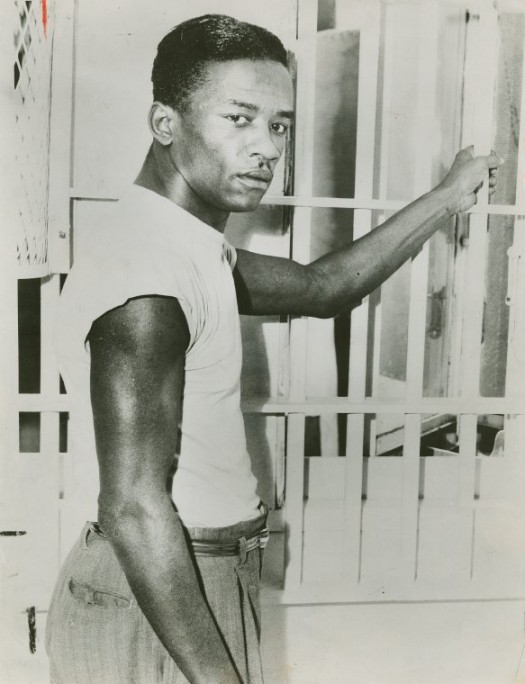Poem of the Day: In Defense of Inez Garcia
In Defense of Inez Garcia
by Susan GrathwohlOn October 27, 1974, Inez Garcia was sentenced to life imprisonment for killing the man who helped rape her.
You don’t go back to your place
for three days— the sperm
stains on the velvet sofa
soak in; black smudges around
the light switches stick
to grease and sweat, incomplete
whorls, no fingerprints.You flip through pictures
at the precinct.
You look for someone who followed you
from the subway station so
quietly you thought it was
your imagination
and decided it was stupid
to get so uptight
about someone following you.You feel
pressure against your ribs
on the left side, a voice saying it has a gun.
You are told, at gunpoint,
to put it inside you.
The next night you wonder
if the gun was real.You remember your astrologist saying,
“Geminis survive.”
He needs your key to get out.
You refuse to walk him to the door.You would have preferred
a mad rapist yelling “honky bitch”
to this calm, collected man
who says he’s from Bed-Stuy
and apologizes
for having done this to you.
He takes your TV and a suitcase
of summer clothes.
When the door clicks,
you call your boyfriend on the phone.Precinct cops spread black dust
they tell you how to clean.
The detective from the Sex Crimes Unit
takes the description.
A month later he calls you at midnight
on Saturday night saying a lab report
confirms sperm stains on your underpants.
A few days later, you ask him
not to call you at home anymore.
A sergeant leaves his name for you at work.
He wants to talk about the case
for a course he’s taking.
The detective says you can
file a complaint with the
Review Board about the sergeant.At the end of the month,
they drop the case.
You think you see the rapist on the subway.
Day after day, down at the station,
you wait in the dark mezzanine.
For those interested, I have written about Inez Garcia and her case here.

